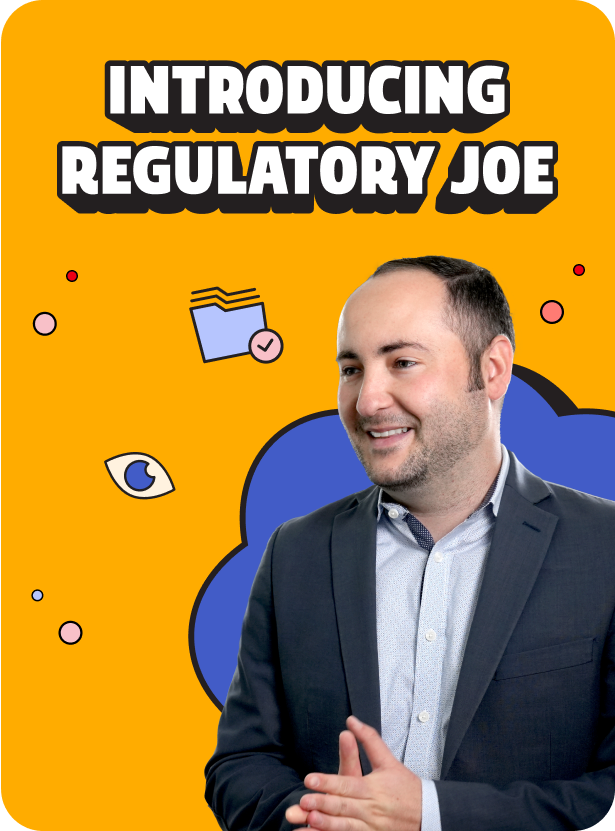CMS recently opened a public comment period focused on one key question: how can we improve digital health tools and data access for Medicare beneficiaries?
This Request for Information (RFI) invites input from across the healthcare landscape—plans, vendors, policymakers, and technologists—to help shape a more connected, equitable digital health ecosystem.
At ClearFile, we see the challenges firsthand. We work with health plans navigating outdated systems, duplicative filing processes, and inconsistent infrastructure that creates barriers for both members and developers.
So when CMS asked how to make things better, we answered.
ClearFile’s Response
For digital health to truly work—for plans, for developers, and most importantly, for members—CMS needs to address three core blockers: cost, complexity, and access.
We focused our response on five key questions from the RFI that touch on those areas.
Question PA-2: API Adoption by Payers
Many payer systems, including SERFF and HIOS, still rely heavily on manual workflows. We urged CMS to support API adoption through filing fee offsets, modernization funding, and clearer guidelines for where APIs are most appropriate.
Question PA-3: Digital Identity
Digital ID tools like Login.gov and ID.me show promise—but they’re not accessible to everyone. We recommended a standardized login system supported by stipends or reimbursement for members who need help accessing digital credentials.
Question TD-1: Supporting Developers
There’s currently no central view of what Medicare-focused tools exist or how they’re performing. We suggested CMS catalog and assess these tools and use performance data to guide innovation going forward.
Question TD-2a: Data Access via API
We proposed expanding access to plan data through APIs—starting with ACA filings submitted via SERFF, and eventually extending across all lines of business.
Question TD-2c: Current Barriers to Data Access
We flagged two major roadblocks: the $50,000 fee NAIC charges just to extract SERFF data, and the need for push API functionality. Both create unnecessary friction for developers trying to build tools that serve plans and members better.
Why This Matters & How You Can Comment
When digital infrastructure falls short, it’s not just a technical issue—it’s a barrier to care, a cost to plans, and a missed opportunity for innovation.
CMS is accepting public comments until Monday, June 16, 2025.
Whether you’re a health plan, a developer, or someone who works within these systems every day, this is your opportunity to weigh in.
Let’s make sure the future of digital health keeps moving forward, together.











